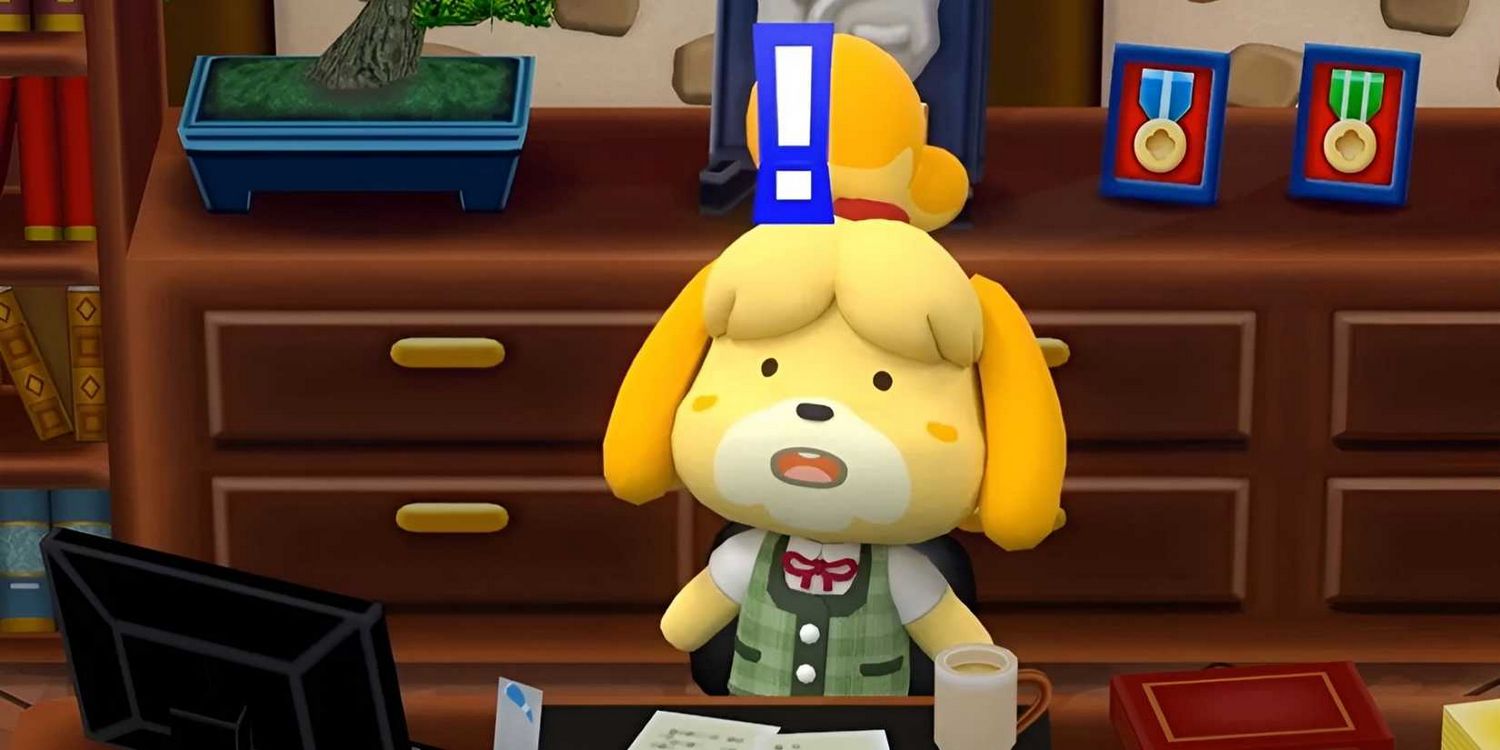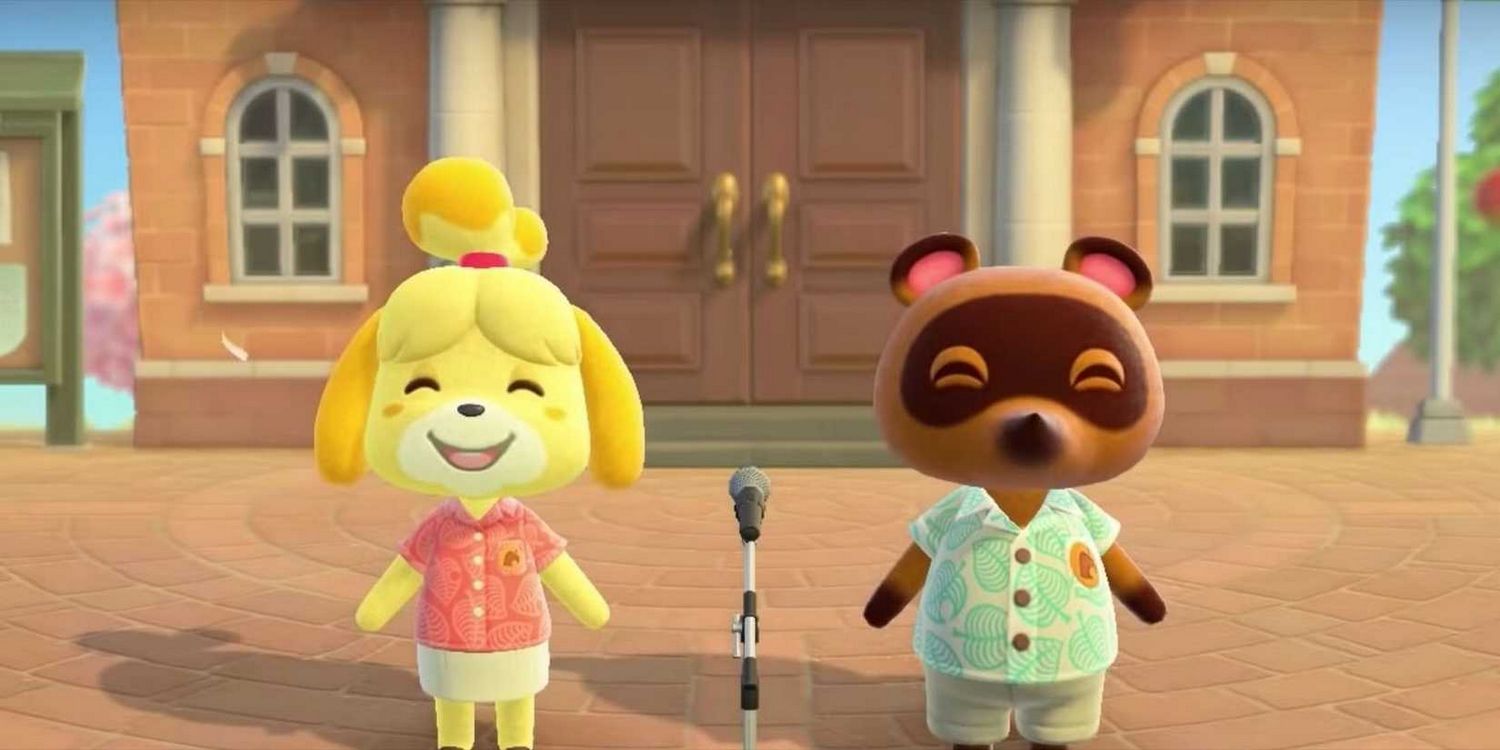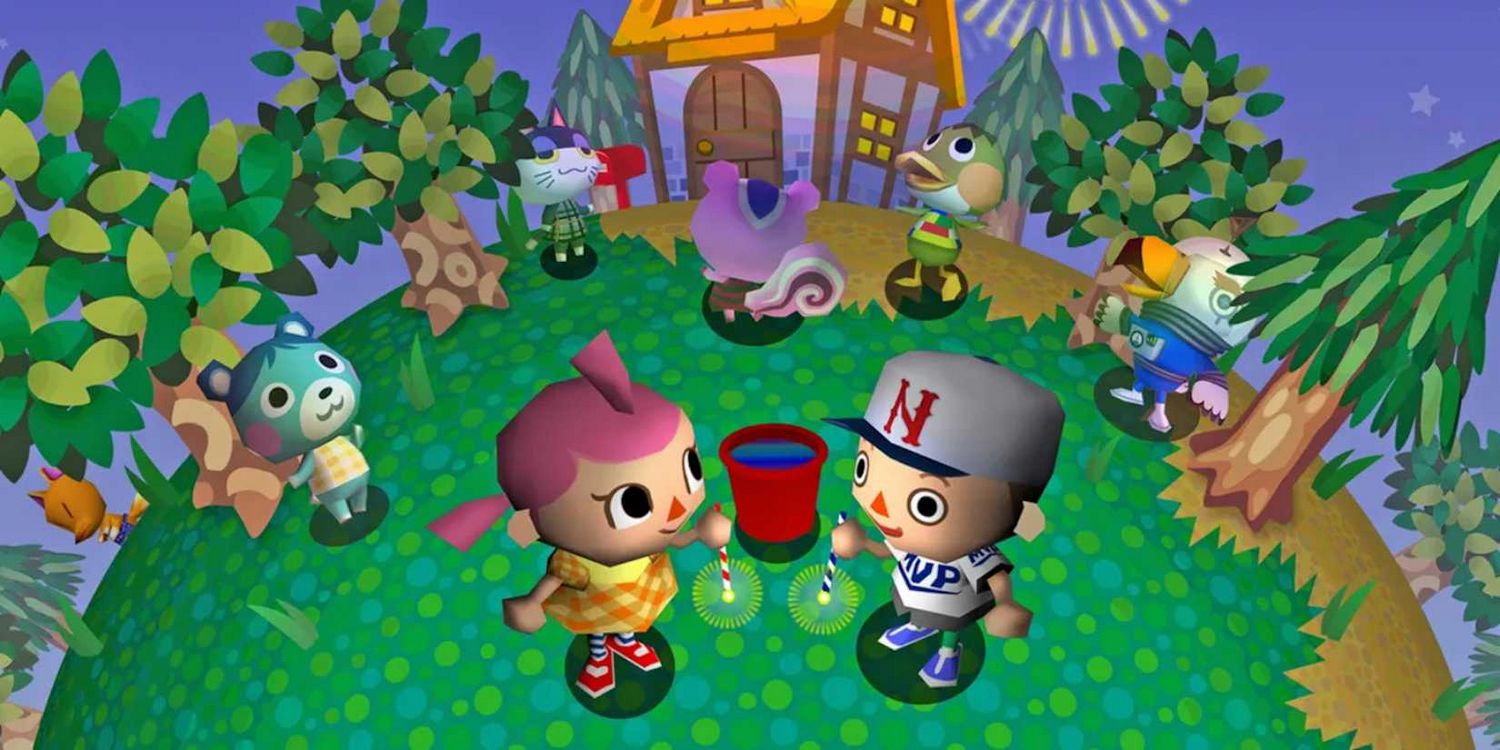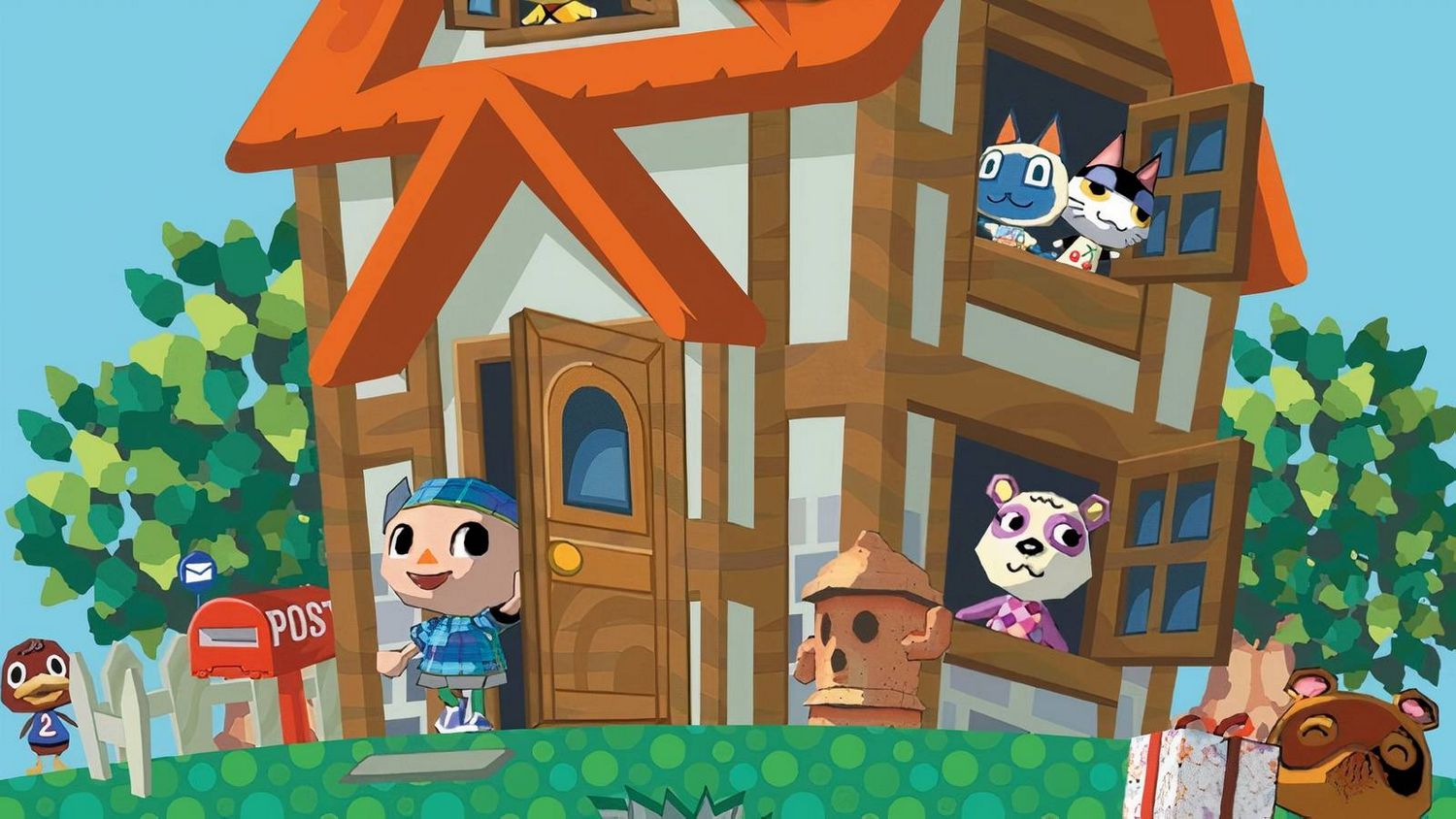Unearthing a Lost Title: The Untold Story of How Animal Crossing Was Almost “Animal Acres”
Popular Now
 BeamNG.drive
BeamNG.drive
 The Legend of Zelda
The Legend of Zelda
 Schedule I
Schedule I
 Stumble Guys
Stumble Guys
 CarX Street
CarX Street
 League of Legends
League of Legends
 Candy Crush Saga
Candy Crush Saga
 Grand Theft Auto V
Grand Theft Auto V
 EA SPORT FC 25
EA SPORT FC 25
 Valorant
Valorant
 For millions of players worldwide, the name Animal Crossing is synonymous with cozy, low-stress gameplay, charming animal villagers, and the simple joy of building a community. It has become a gaming juggernaut, a cultural phenomenon that transcends the typical video game market. Yet, as with many of the world’s most beloved brands, the journey to its final, iconic name was far from certain. In a fascinating recent revelation, it has come to light that the original Nintendo GameCube classic almost carried a completely different moniker: Animal Acres.
For millions of players worldwide, the name Animal Crossing is synonymous with cozy, low-stress gameplay, charming animal villagers, and the simple joy of building a community. It has become a gaming juggernaut, a cultural phenomenon that transcends the typical video game market. Yet, as with many of the world’s most beloved brands, the journey to its final, iconic name was far from certain. In a fascinating recent revelation, it has come to light that the original Nintendo GameCube classic almost carried a completely different moniker: Animal Acres.
This revelation offers a rare and valuable glimpse into the complex world of video game localization and the painstaking process of adapting a Japanese cultural touchstone for a global audience. The story behind the name change is a testament to the meticulous detail and deliberation that goes into every facet of a major video game release, proving that even a title—a seemingly simple decision—can be the result of a long and challenging creative process. As fans continue to enjoy the latest installments like Animal Crossing: New Horizons, understanding the series’ past provides deeper context for its monumental success.
 The Localization Challenge: From Dōbutsu no Mori to a Global Sensation
The Localization Challenge: From Dōbutsu no Mori to a Global Sensation
Before it was known as Animal Crossing in the West, the game was a hit in Japan under the title Dōbutsu no Mori, which literally translates to “Animal Forest.” This name, while descriptive, presented a significant challenge for Nintendo’s localization team. The original 2001 Nintendo 64 game and its subsequent GameCube port were deeply rooted in Japanese culture, featuring local holidays, traditions, and an overall tone that needed careful adaptation to resonate with North American and European audiences. This wasn’t a simple translation job; it was a full-scale cultural transformation.
Former Nintendo of America localization manager Leslie Swan, in a recent interview with Time Extension, shed light on this arduous process. She described the monumental task of not only translating thousands of lines of text but also completely overhauling the game’s cultural references. Swan recounted how even the late Satoru Iwata, then head of Nintendo’s corporate planning division, laughed upon hearing about the team’s mission, noting that “everything in that game was so specific to Japan.”
 “Animal Acres”: The Rejected Contender
“Animal Acres”: The Rejected Contender
During the intense localization period, countless names were proposed and debated. According to Swan, one of the leading contenders was Animal Acres. This name was inspired by the grid-based layout of the original game’s towns, which visually resembled “acres” of land. For a time, this was a favorite among the team, as it paid homage to a key visual element of the game while still being easy for Western audiences to understand and remember. The name was clever, catchy, and felt thematically appropriate.
So, why was it ultimately rejected? Swan revealed that the name faced legal hurdles. The process of trademarking and clearing a new game title is a complex legal minefield, and for a brand with such high merchandising potential, the name had to be foolproof. While the team loved the sound of “Animal Acres,” it simply couldn’t be cleared for use, forcing the localization team to go back to the drawing board.
 The Birth of a Classic: Why “Animal Crossing” Won
The Birth of a Classic: Why “Animal Crossing” Won
The name Animal Crossing was eventually chosen, and in hindsight, it proved to be a stroke of marketing genius. While Swan could not pinpoint the exact individual who came up with the name, she explained that it was a collaborative effort. The title is a direct reference to the train station—a central hub in the original game—and the way players “cross” paths and interact with their animal neighbors and other players. The name itself speaks to the core themes of the game: community, friendship, and the connections we make. It is a more abstract and evocative title than “Animal Acres” or “Animal Forest,” and its ambiguity allows it to work seamlessly with different game concepts, from a village in the woods to a deserted island getaway.
The story of the game’s naming convention is a powerful reminder of how seemingly small details can have a massive impact on a brand’s identity and success. It showcases the dedication and creative problem-solving of Nintendo’s development and localization teams, who were able to take a highly specific Japanese game and turn it into a global phenomenon. It’s a story that will undoubtedly resonate with fans and aspiring game developers alike, providing valuable lessons in the art of branding and the importance of adapting to a global market.
Sources:
- Time Extension Interview with Leslie Swan.
- Game Rant, “Animal Crossing Was Almost Given a Different Name.”
- Nookipedia, “Animal Crossing (video game) – Development.”









